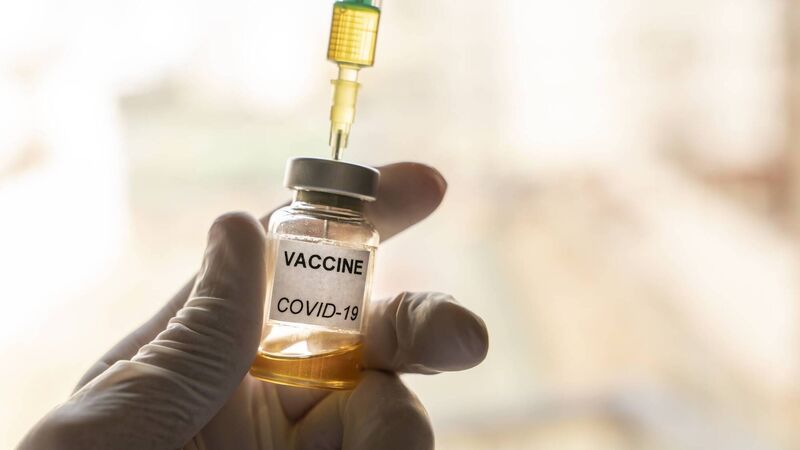What does the Pfizer vaccine announcement mean for me?

Cropped hand wearing a nitrile glove holding a Covid-19 vaccine vial and a syringe
The pharmaceutical giant Pfizer, working with German biotech company BioNTech, has released interim analysis suggesting their vaccine is more than 90% effective in preventing Covid-19.
Yes. These are interim findings and studies will continue but analysis shows that the Pfizer vaccine can prevent more than 90% of people from getting Covid-19.
The vaccine has been tested on 43,500 people in six countries and no safety concerns have been raised.
Pfizer plans to apply to the US regulator the Food and Drug Administration (FDA) for emergency approval to use the vaccine by the end of the month.
The analysis was carried out after 94 confirmed cases of Covid-19 were found among those taking part in the trial.
The jab is known as a messenger RNA (mRNA) vaccine.
Conventional vaccines are produced using weakened forms of the virus, but mRNAs use only the virus’s genetic code.
An mRNA vaccine is injected into the body where it enters cells and tells them to create antigens.
These antigens are recognised by the immune system and prepare it to fight coronavirus.
No actual virus is needed to create an mRNA vaccine. This means the rate at which the vaccine can be produced is dramatically accelerated.
As a result, mRNA vaccines have been hailed as potentially offering a rapid solution to new outbreaks of infectious diseases.
They can also be modified reasonably quickly if, for example, a virus develops mutations and begins to change.
mRNA vaccines are also cheaper to produce than traditional vaccines. But both will play an important role in tackling Covid-19.
All vaccines undergo rigorous testing and have oversight from experienced regulators.
Some believe mRNA vaccines are safer for the patient as they do not rely on any element of the virus being injected into the body.
mRNA vaccines have been tried and tested in the lab and on animals but the coronavirus vaccine will be the first one licensed for use in humans.
The human trials of mRNA vaccines – involving tens of thousands of people – have been going on since early 2020 to show whether it is safe and effective.
Pfizer will continue to collect safety and long-term outcomes data from participants for two years.





